Leading wildlife organisations including The Wildlife Trusts have published a landmark State of Nature 2023 report. It shows that nature is continuing to decline at an alarming rate across the UK, which is already one of the most nature-depleted countries in the world. These findings are reflected in Sheffield and Rotherham, with the near disappearance of important species including white-clawed crayfish, turtle dove and willow tit from Sheffield and the complete loss of some species, such as water vole from Rotherham.
In view of the nature crisis, Sheffield and Rotherham Wildlife Trust, along with colleagues across all UK Wildlife Trusts, have identified five priorities for politicians ahead of the next general election:
5 Priorities for Nature
Priority 1:
Bring back the UK’s lost wildlife
The next UK Government must work across departments to put nature into recovery by protecting and restoring at least 30% of land and sea for nature by 2030. Species like the long lost Beaver should return to Sheffield and Rotherham, and a nature recovery network should join up wild places, from our neighbourhoods to the countryside.
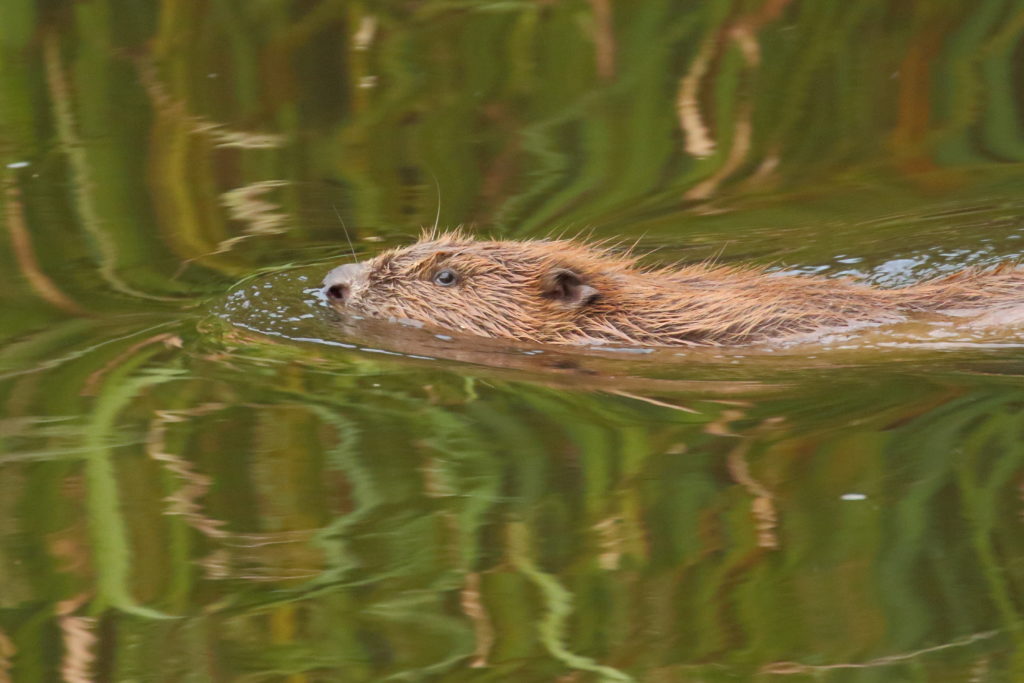
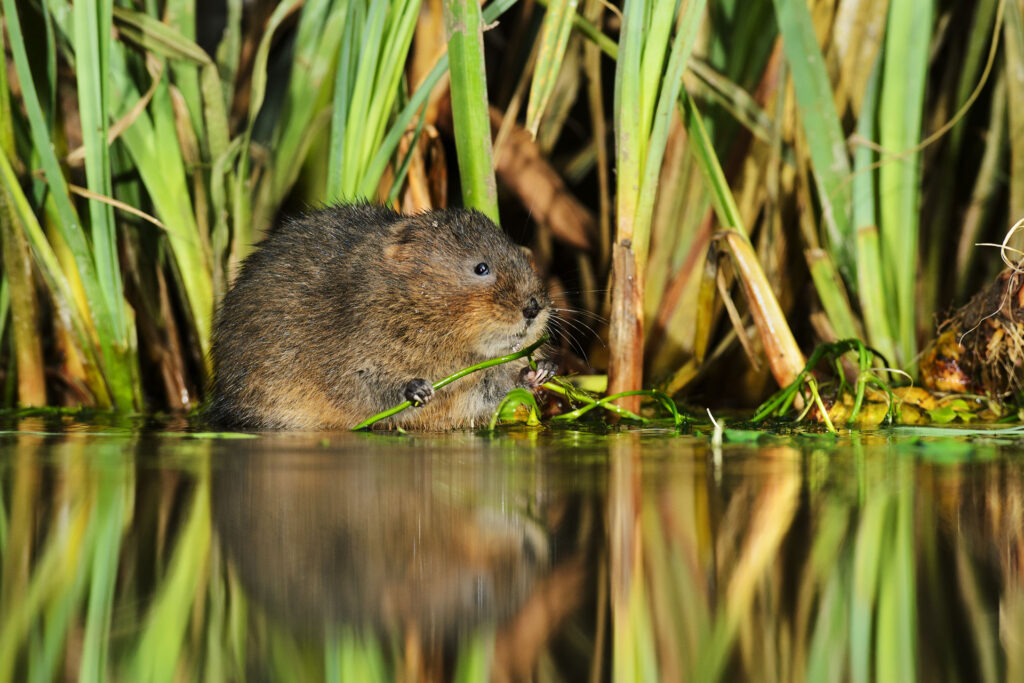
Priority 2:
End river pollution and water scarcity
With the UK among the worst countries in Europe for water quality, the next Government must sufficiently fund enforcement agencies to do their job. No river in Sheffield and Rotherham is in good overall condition. By 2030, nutrient pollution from farming, sewage and development must be halved, and more wetlands should be created to tackle flood and drought.
Priority 3:
Fund wildlife-friendly farming
The destruction of nature and impacts of climate change are the biggest threats to food security in the UK. Farmers must be supported and incentivised to help wildlife recover by creating more space for nature, significantly reducing pollution, and halving harm from pesticides by 2030. The budget for nature-friendly farming should increase to at least £4.4 billion a year. Leading by example, Sheffield and Rotherham Wildlife Trust are planning to test and learn a nature friendly farming approach at Ughill Farm; a low grade marginal farmland site on the western edge of Sheffield.
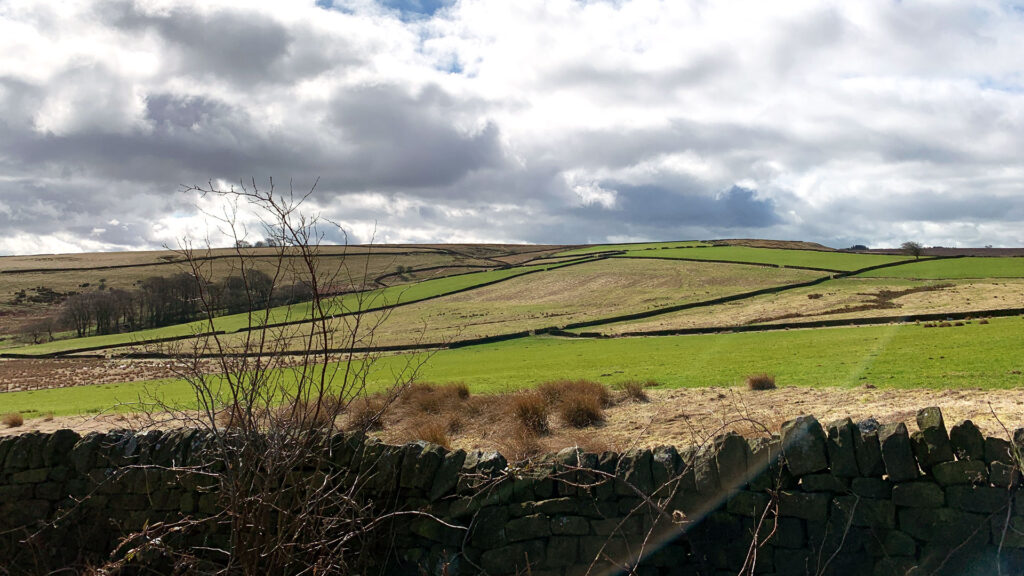
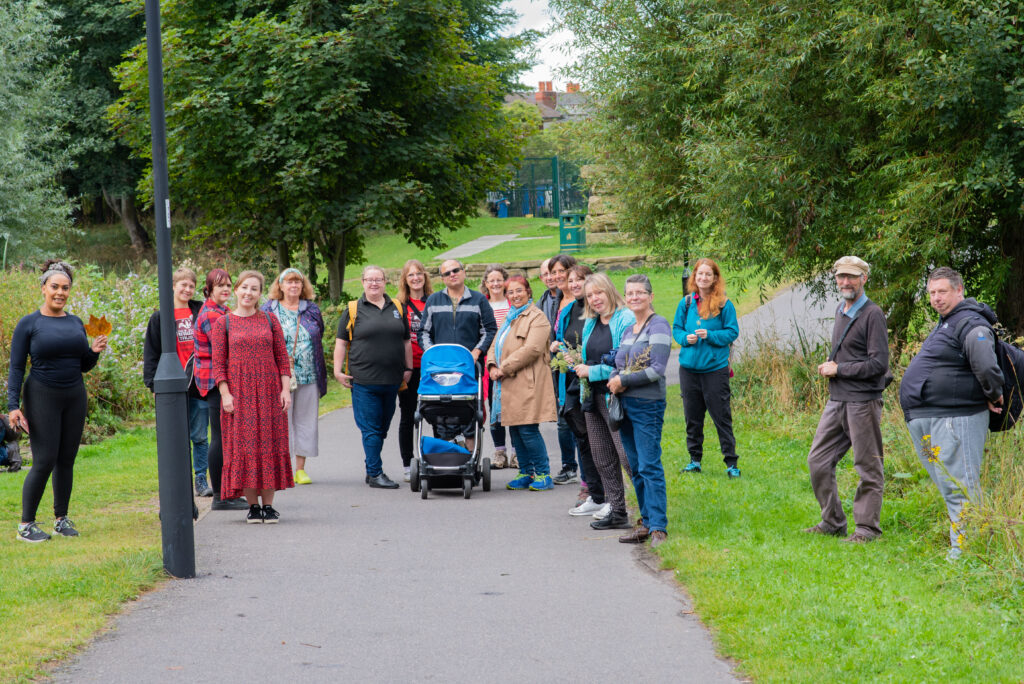
Priority 4:
Enable healthy communities
Evidence shows that a thriving, wildlife-rich environment benefits people’s physical and mental health. People with nature on their doorstep are more active, mentally resilient and have better all-round health. Wild at Heart, a locally based project run by Sheffield and Rotherham Wildlife Trust brings people together to explore and learn about wildlife and learn new skills while also building social connections. Recent analysis found that for every £1 invested in this programme there is £1.19 of additional benefit in terms of reduced costs to the NHS. The next UK Government must support the creation of more greenspace in neighbourhoods, fund and integrate green prescribing into community-based health services and enable all children to access outdoor learning opportunities.
Priority 5:
Tackle the climate emergency by protecting and restoring natural habitats
Nature can make a huge contribution to achieving net-zero targets if habitats are restored because peatlands, woodlands, and other wild places store carbon. Additionally, the next UK Government must integrate climate adaptation strategies across all departments, create a nature recovery network and invest more in nature based solutions, such as the Sheffield Limb Brook demonstrator site.
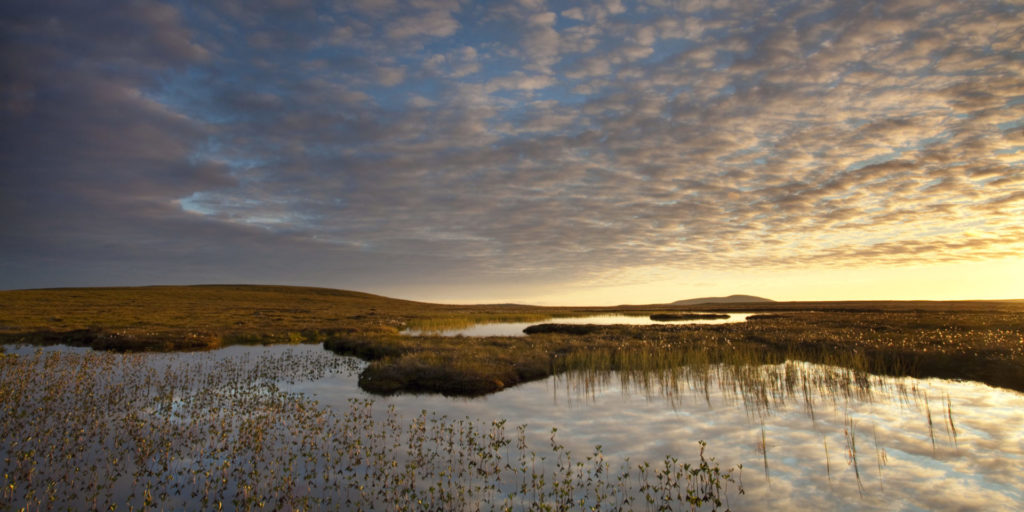
What you can do
Write to your MP and candidates
Sheffield & Rotherham Wildlife Trust encourage supporters to write to your MP and other candidates to let them know you support these priorities for nature.
Once you’ve contacted the candidates, please let The Wildlife Trusts know how satisfied you were with their response, here: